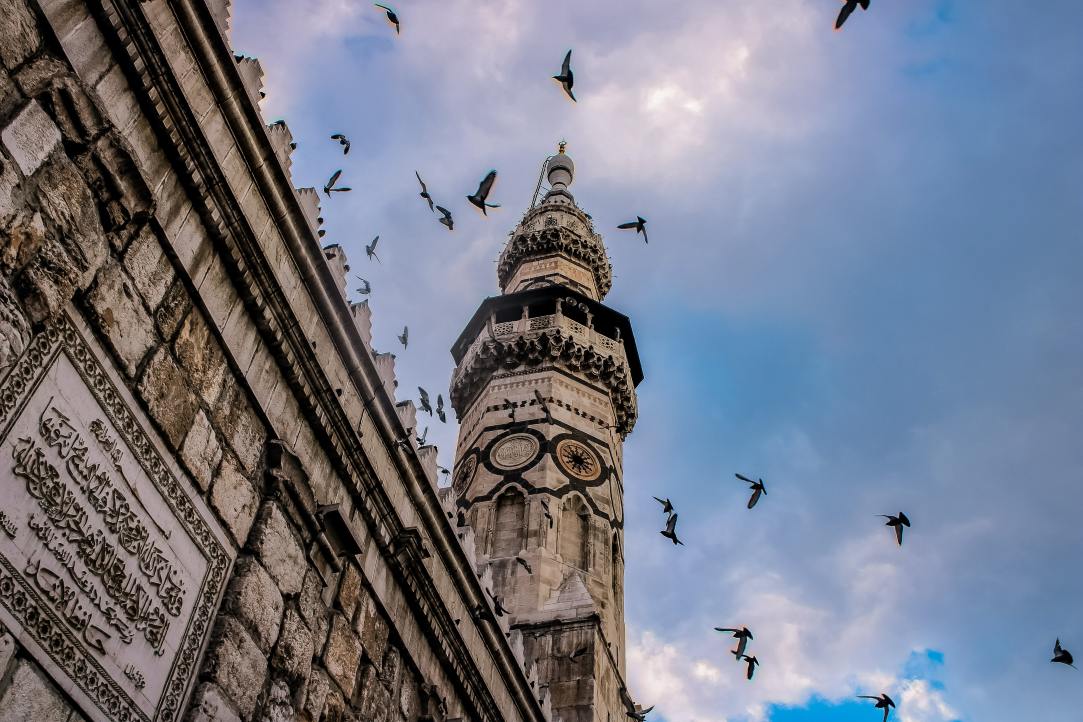‘Love and Devotion to the Motherland Are Fundamental Values in Islam’

The School of Asian Studies of HSE Faculty of World Economy and International Affairs hosted a lecture by Mohammed Abdul Sattar al-Sayyed, Minister of Awqaf (Religious Endowments) of Syria, and holder of a PhD in Islamic Studies. He told HSE students and experts about state-confessional relations in the republic.
The lecture was devoted to state-confessional relations in the Syrian Arab Republic. The minister focused on the government's efforts to strengthen inter-ethnic and inter-faith dialogue, promoting harmony and peace, as well as President Bashar al-Assad's special policy towards ethnic and confessional minorities in the country.
The Minister stressed that in recent years the government has built up an impressive amount of experience in fighting terrorism and extremism and today the Syrian government is ready to share this experience with other countries. He added that the ideals of terrorist groups are utopian, they contradict Islamic thought and the actual historical experience of Islam, which has always strived for good neighborliness, mutual respect and the high moral education of younger generations. At the same time, he says, Muslim scientists are now mainly responsible for countering terrorism.
‘Love and devotion to the Motherland are fundamental values in Islam, therefore it is important to popularize patriotism, as a way of strengthening civic consciousness,’ believes Mohammed Abdul Sattar al-Sayyed.
Islam supports such principles as justice, tolerance and mercy in both state and society. This is also backed up by the historical experience of Islam, for example, the policy of the righteous caliph Umar in relation to territories conquered by Muslims. In this regard, Dr. Mohammed Abdul Sattar al-Sayyed referred to the Pact of Umar, which specifies rights for non-Muslim peoples recognized by Islam while living under Islamic rule. Also, the holy text of Islam, the Koran, says: ‘There is no compulsion in religion.’
The speech of the Syrian minister aroused keen interest among the event participants, in particular, the students of the HSE programme in Asian Studies studying Arabic and the history of the Middle East. The students asked several questions to Dr. Mohammed Abdul Sattar al-Sayyed in Arabic.
HSE University Vice Rector Ivan Prostakov took part in the meeting and stressed the importance of such events. He emphasised that Russia and Syria have a long history of friendship, and interest in what is happening in the republic today is very high, as evidenced by the large number of students who came to the lecture, and the questions that they asked the speaker, adds Ivan Prostakov.
The event was moderated by Ildar Galeev, Visiting Lecturer at the School of Asian Studies, and Irina Tsaregorodtseva, Associate Professora at the School of Asian Studies.
The lecture was organized with the support of the Spiritual Administration of Muslims of Russia as part of the events dedicated to the 1100th anniversary of the adoption of Islam by the peoples of Volga Bulgaria.
Ildar Galeev
Visiting Lecturer, School of Asian Studies
Irina A. Tsaregorodtseva
Associate Professor, School of Asian Studies
Ivan Prostakov
HSE University Vice Rector

